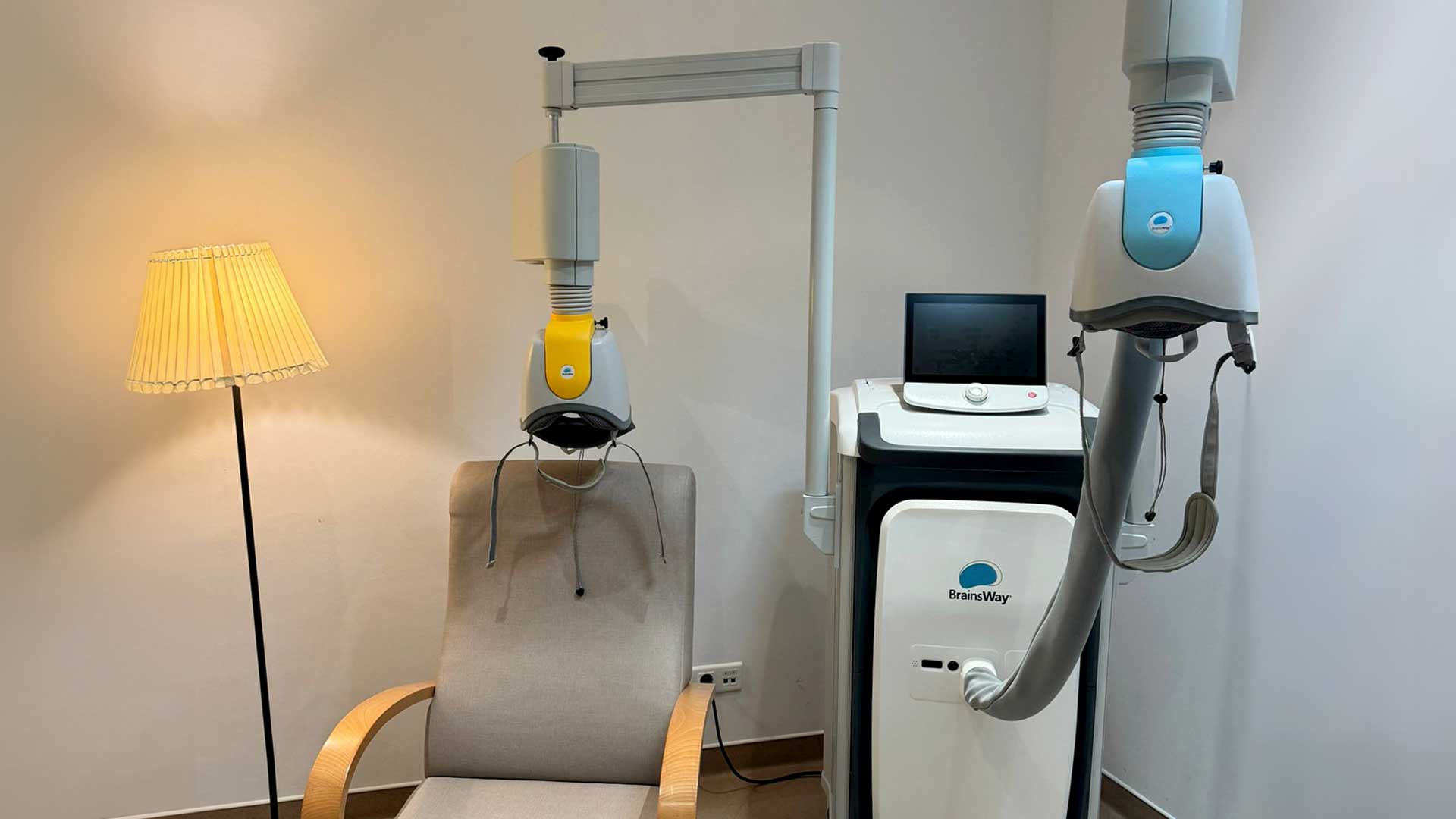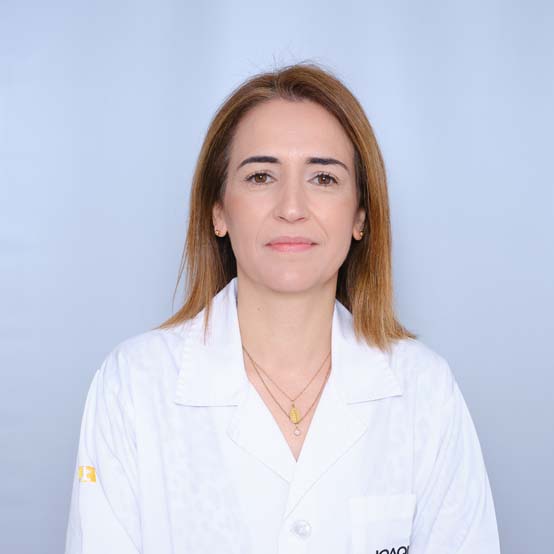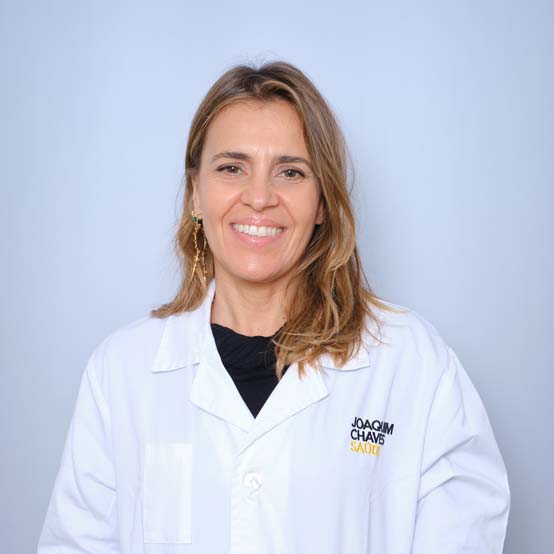What Is Obsessive-Compulsive Disorder (OCD)?
Obsessive-Compulsive Disorder (OCD) is a chronic mental disorder characterized by the presence of obsessive thoughts and compulsive behaviors that are persistent, recurring, and unwanted. Obsessive thoughts cause intense anxiety, while compulsive behaviors aim to temporarily neutralize this anxiety, thus promoting a vicious cycle.
The obsessions and compulsions of OCD can consume a significant amount of an individual's time and significantly interfere with their daily routine. They cause great distress and affect all areas of life, such as work, school, relationships, and emotional well-being. Some patients recognize the irrationality of their thoughts and behaviors but cannot control them.
In Portugal, the prevalence of obsessive-compulsive disorder is estimated to be around 4%, but due to diagnostic challenges, the numbers may be higher.
What Are the Symptoms of Obsessive-Compulsive Disorder (OCD)?
Obsessive-compulsive disorder is a highly heterogeneous condition, presenting different subtypes of clinical presentation that may involve partially distinct pathophysiological mechanisms and, consequently, different therapeutic targets. Symptoms can vary in both nature and severity, with the most common ones being:
- Concerns about contamination: Excessive fear of dirt, germs, diseases, or contamination, often leading to compulsive washing behaviors.
- Obsessions of doubt: Persistent uncertainty and worry about the possibility of causing harm to oneself or others.
- Aggressive or violent thoughts: Sufferers experience unwanted thoughts of hurting themselves or others, often causing extreme anxiety.
- Need for symmetry or exactness: Obsession with keeping objects or rituals in a specific order, often related to numbers or symmetry.
- Unwanted religious or moral thoughts: Persistent concerns about violating personal religious or moral beliefs, leading to compulsive behaviors to avoid guilt.
- Fear of losing control: Persistent worry that something terrible will happen if specific rituals are not followed or certain situations are not avoided.
- Compulsive checking: Repeatedly checking if doors are locked, appliances are turned off, or tasks have been performed correctly.
- Repetition of words or phrases: Some individuals repeat words or phrases mentally or aloud to neutralize obsessive thoughts.
- Hoarding: Compulsively saving unnecessary or worthless objects, sometimes to the point of compromising living space.
It's important to note that these symptoms only constitute a diagnosis of obsessive-compulsive disorder when they significantly disrupt a person's life on an individual, social, or professional level and cause distress and suffering for the clinically determined period. Otherwise, they may simply reflect variations of a healthy personality. Therefore, people who have a "cleanliness obsession" or a "compulsion for organization" may only represent the natural human diversity.
What Are the Main Causes of Obsessive-Compulsive Disorder (OCD)?
The causes of obsessive-compulsive disorder are not yet fully understood, but research suggests it results from a complex interplay of biological, genetic, neurological, psychological, and environmental factors.
- Genetic factors: Although a specific gene responsible for OCD has not been identified, there may be a genetic predisposition. Studies of families and twins suggest a hereditary influence.
- Biological factors: Abnormalities in neurotransmitters are believed to be associated with the development of obsessive-compulsive disorder (OCD). For example, abnormal serotonin production is considered one of the neurochemical dysregulations linked to this disorder.
- Neurological factors: Brain imaging studies have shown differences in certain areas of the brain in people with obsessive-compulsive disorder, specifically areas involved in processing fear, anxiety, and repetitive behaviors.
- Psychological factors: Early traumatic or stressful events may be implicated in this disorder. Compulsive behaviors can also be learned as a way to cope with anxiety or to prevent feared events, either as a direct response or by observing others.
- Environmental factors: Cultural beliefs and social influences may also play a significant role. Life changes, losses, or traumas can trigger or exacerbate symptoms of obsessive-compulsive disorder. Childhood streptococcal infections can also trigger obsessive-compulsive symptoms through cross-reactivity of antibodies against basal ganglia neurons.
How Is the Diagnosis of Obsessive-Compulsive Disorder (OCD) Made?
The diagnosis of obsessive-compulsive disorder (OCD) is made by a mental health professional, such as a psychiatrist or psychologist. The diagnostic process involves a careful assessment of symptoms, medical history, and personal experiences of the individual.
Initially, the mental health professional conducts a detailed clinical interview to determine the frequency and severity of symptoms, as well as the individual's personal and family history of mental disorders. In some cases, standardized questionnaires or assessment scales may be useful in quantifying symptom severity and tracking changes over time.
The diagnosis of obsessive-compulsive disorder requires that symptoms occur continuously for a minimum of two weeks, cause significant distress, and interfere with the person's daily activities.
What Does the Treatment of Obsessive-Compulsive Disorder (OCD) Involve?
Despite being considered a chronic mental disorder, treatment for obsessive-compulsive disorder exists and is effective. It's essential to remember that treatment is highly individualized, so an approach that works for one person may not work for another. Often, a combination of therapeutic approaches is necessary to achieve the best results. The treatment plan may include:
Psychotherapy: The most common psychotherapeutic intervention for this disorder is cognitive-behavioral therapy, which involves two main components. Firstly, individuals are gradually and systematically exposed to situations that trigger their symptoms to reduce anxiety gradually. Secondly, cognitive restructuring is conducted to identify and reformulate the underlying thought patterns associated with obsessive-compulsive disorder.
Pharmacological Therapy: Some medications, such as selective serotonin reuptake inhibitors, may be prescribed to help reduce symptoms. The choice of medication and dosage should be determined by a psychiatrist and should be followed without interruption to prevent relapses (unless medically indicated).
Transcranial Magnetic Stimulation: Transcranial magnetic stimulation is a new treatment technique that can be an effective complement or alternative in cases resistant to pharmacological treatment. It involves the use of magnetic fields to induce electrical currents in specific brain areas with the aim of altering neuronal activity. The electric impulses are adjusted to the patient's needs in terms of intensity and location. This intervention is painless.
Complementary Therapies: Some complementary therapeutic approaches, such as mindfulness, may be helpful in improving the ability to manage anxiety and obsessive thoughts.
Psychosocial Support: Having a strong support system, whether from friends, family, or support groups, is valuable for individuals with obsessive-compulsive disorder. Sharing experiences and learning from others facing similar challenges can be comforting and motivating.
Joaquim Chaves Saúde, Treatment for Obsessive-Compulsive Disorder (OCD)
At Joaquim Chaves Saúde, you will find a specialized and experienced team for treating obsessive-compulsive disorder. With proper support, understanding, and guidance, it is possible to substantially reduce symptoms and regain your quality of life. Prioritize your mental health and schedule your consultation now through the personal area of the website or our app.






